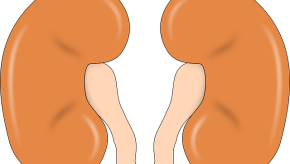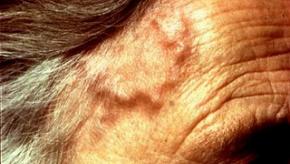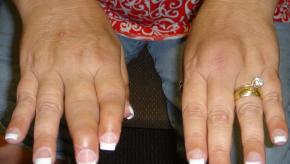News
Taking CAR-T for a Test Drive
When the ACR Convergence 2024 abstract site went live, the first query I typed into the search bar was, “CAR-T.” I consider myself a CAR-T skeptic and would be surprised if the magical results from this NEJM case series replicate at scale, but it seems likely that CAR-T will revolutionize the care for (some) patients with rheumatic diseases. What new data will be presented at ACR?Are Emulation Trials a Fantasy?
Are emulation ‘trials’ helpful, despite the biases that occur with observational data, or do they truly mimic the results of randomized controlled trials (RCTs)?ACR 2024 - Day 1 Report
ACR Convergence 2024 opened today with a full slate of presentations, posters and specialty meetings. The meeting began with a flip: the plenary sessions started at 9AM and the poster session began at 1030 AM. Below are some of the highlights from day one in Washington, DC.axSpA: Moving the needle in time to diagnosis
The journey to axial spondyloarthritis (axSpA) diagnosis is often prolonged and challenging. Understanding the factors contributing to the delays is important to improve the clinical, psychological, social and economic outcomes. Data from the SPACE cohort (abstract 0566), the ASAS-PerSpA study (abstract 0550) and the US Claims data (abstract 0558), allows us to highlight the barriers to early diagnosis of axSpA and identify opportunities for improving early diagnosis and treatment.#ACR 2024 BEST Abstracts from Day 1
The RheumNow faculty have parked at the plenaries, trafficked the posters and have been finding the best the meeting offers on the first day at ACR 2024 in Washington, DC. Here are some of the best abstracts from Saturday Nov. 16th.
Difficult to Manage Axial Spondyloarthritis
Studies show that patients with difficult-to-manage axSpA have a higher disease activity; however, the lack of a consensus definition led researchers and clinicians to utilize their own proposed definition, resulting in variability of the characteristics of non-responders.SELECT-GCA suggests JAKis may be the new kid on the block
Clinicians treating giant cell arteritis (GCA) have long had to contend with a disappointingly limited selection of drugs from which to select. A new group of drugs is finally showing promise in the treatment of GCA.Is Pregnancy Truly the Solution for RA?
Pregnancy is perhaps the oldest treatment in rheumatoid arthritis (RA) and has been associated with a natural improvement in disease control in 50-75% of patients. Others, however, are not as successful with unchanged disease activity or worsening of their autoimmune disease.















